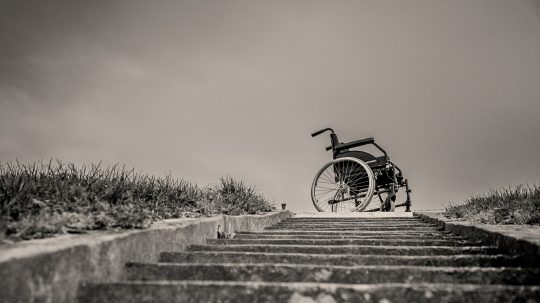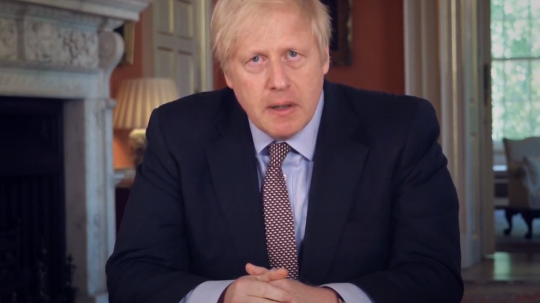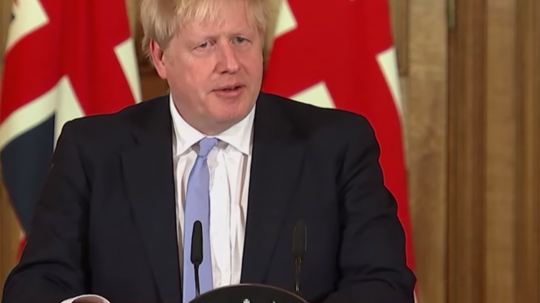Frontline healthcare workers continue to lack protective equipment despite government assurances, doctors have warned following the deaths of two senior NHS medics from Covid-19.
The Doctors’ Association (DA) UK has said that personal protective equipment (PPE) – such as gloves, masks and aprons – is still not being delivered to where it is needed on the frontlines.
Some junior doctors have resorted to purchasing scrubs from online retailer Amazon, it said. Others have been calling local manufacturers in “desperation” for goggles, gowns or masks only to be told that they had already offered them to the NHS weeks ago but received no response from the government.
The news comes following the death of Agmed El-Hawrani, a 55-year-old ears, nose and throat consultant; and of Adil El Tayar, a 63-year-old organ transplant surgeon.
They are first senior NHS medics in the UK to die after contracting coronavirus. El Tayar had spent his final days volunteering in a A&E department in the Midlands.
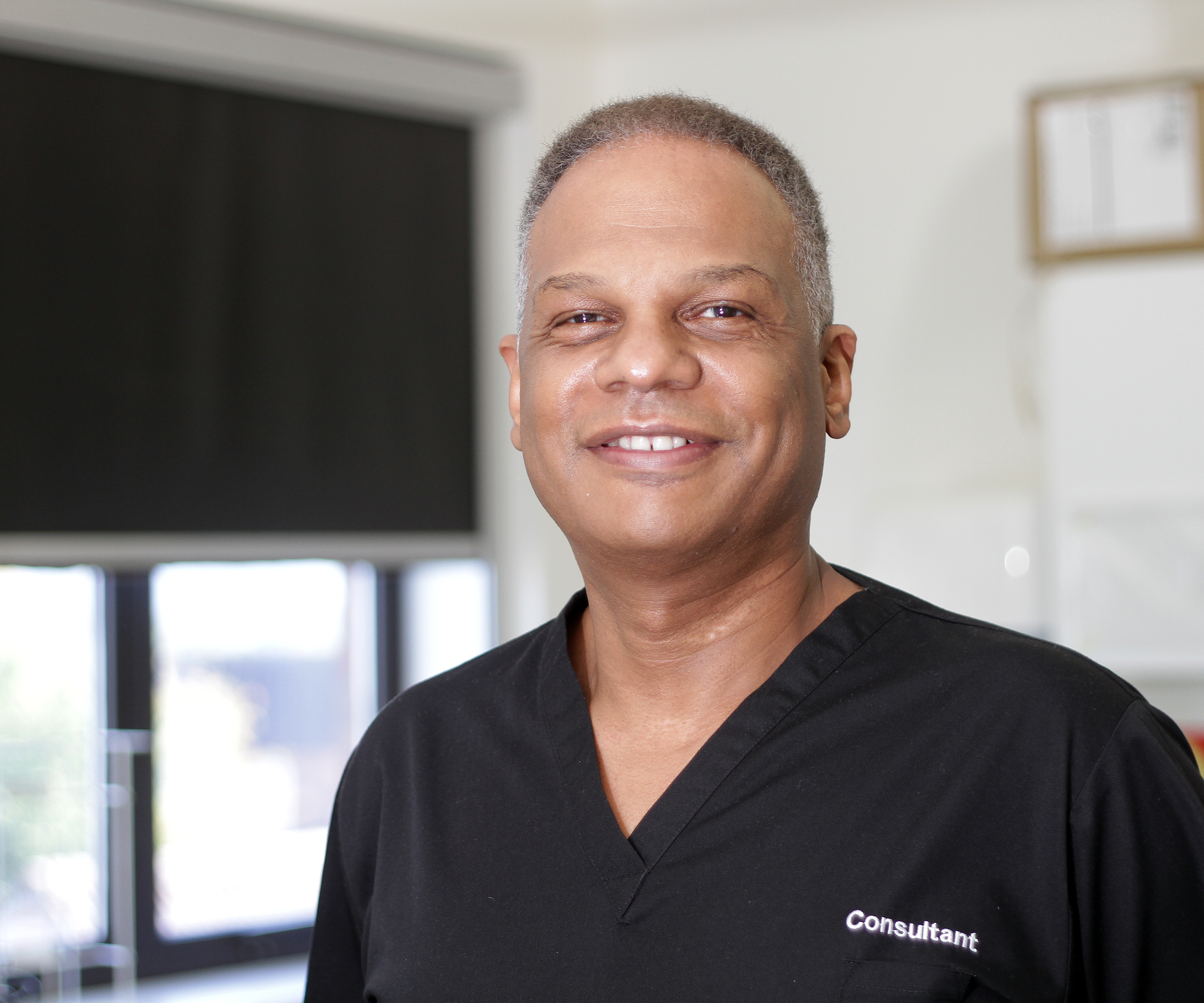
Agmed El-Hawrani, 55, died on Saturday in at Glenfield Hospital in Leicester after contracting Covid-19. Credit: UHDB
DA president Dr Samantha Batt-Rawden said: “Frontline NHS doctors, and indeed all clinicians, are putting their lives at risk every day they turn up to work.
“The news that manufacturers have offered their services to the government weeks ago but haven’t had an order will be devastating to doctors who have told us they feel they are being treated as expendable.
“Despite assurances on PPE from the government doctors on the frontline are telling us everyday that the problem is far from fixed.
“At a time when the country is relying on frontline NHS staff this is unforgivable. With the tragic loss of another NHS doctor and colleague it is now more important than ever that we protect the frontline.”
A lack of PPE provision within the NHS has been central issue in recent weeks as the coronavirus pandemic has escalated in the UK.
On Sunday, communities secretary Robert Jenrick said that 170 million masks, 42.8m gloves, 13.7m aprons, 182,000 gowns and 2.3m pairs of googles were being sent to the frontline.
The government has also said it will reduce “red tape” to enable manufacturers to produce more PPE and hand sanitiser.
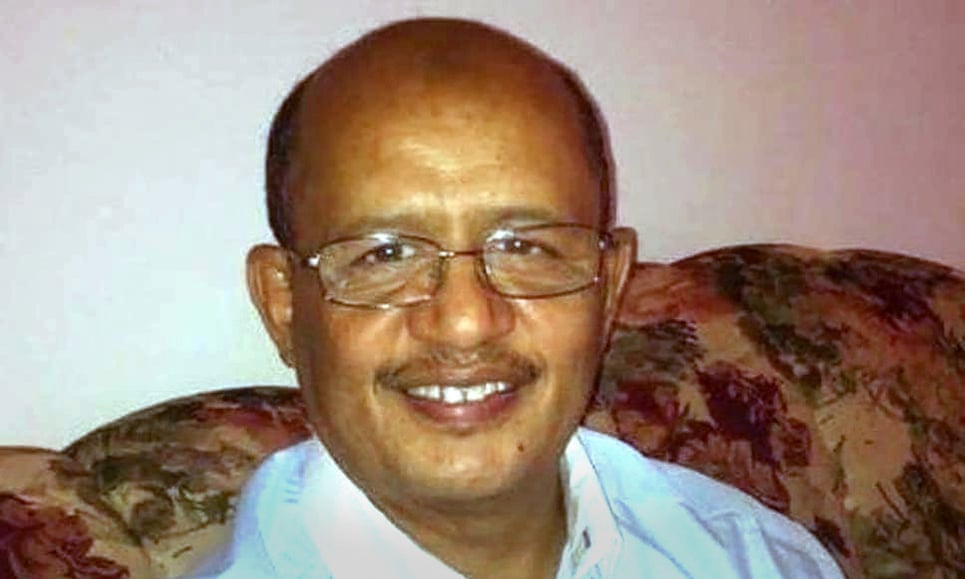
Dr Adil El Tayar, 63, died in West Middlesex University Hospital in London on Wednesday. Credit: NHS
Nishant Joshi, an A&E doctor working at a hospital in Luton, is among the first NHS workers to speak out about the lack of protective gear.
“I’m treating patients who are perhaps presenting for a broken ankle and they suddenly start coughing all over you,” he told the Guardian earlier this month. “You’re breathing in an aerosol spray of droplets and we’re not even wearing a mask – just scrubs and a plastic apron.”
Last week he told EachOther that, while his own hospital has since received shipments of equipment, dozens of colleagues in hospitals across the country remain lacking.
“I do believe it’s negligence on the government’s behalf to have not protected us,” he said. “The whole point of PPE is it is supposed to be protective and preventive … we are now seeing unprecedented levels of staff sickness.”
He spoke of instances where junior nurses with poor experience handling ventilators are having to manage several patients by themselves in an Intensive Care Unit as a consequence of staff shortages.
“We need the government to protect us on a daily basis – and not just in a pandemic when you need us,” he added.
On Friday, the Guardian revealed that the Department of Health in 2017 rejected high-level medical advice about providing NHS staff with certain protective equipment during an influenza pandemic because stockpiling it would be too expensive.
Human rights of health workers
Under Article 2 of the Convention on Human Rights (ECHR), the UK government and other public authorities have a legal obligation to take positive steps to protect people whose lives are at risk – including health workers.
It is not an “absolute” obligation, which means the state may not always be able to fulfil it due to limited resources.
Dr Elizabeth Stubbins Bates, a researcher in human rights law at Oxford University, said: “The case of Osman v UK at the European Court of Human Rights establishes positive operational obligations to protect life under Article 2 of the ECHR.
“These obligations are triggered when the state knew or should have known of a threat to an individual’s life; subsequent cases have applied the obligations in many different situations.
“The UK knows and should know that inadequate PPE is a threat to doctors’, nurses’ and paramedics’ lives. So, it must take steps to protect their lives with the urgent provision of PPE.
“Usually, judges are deferential to states in emergency situations and where there are scarce resources; but Article 2’s positive obligations still apply. States cannot ignore Article 2 in the Covid-19 pandemic.”
The Department of Health has been contacted for comment.
- A online fundraising page has been set up to buy PPE for health workers. Donate here.



